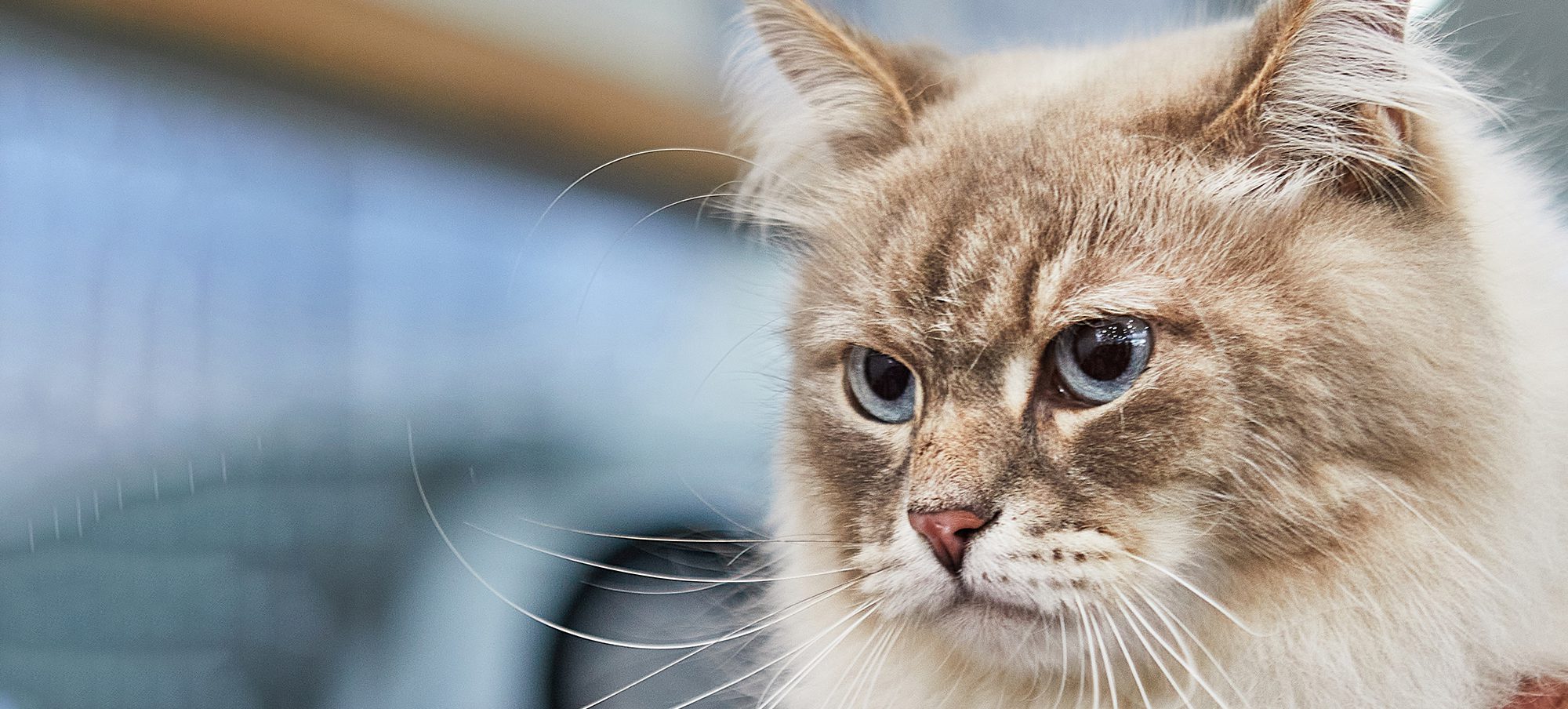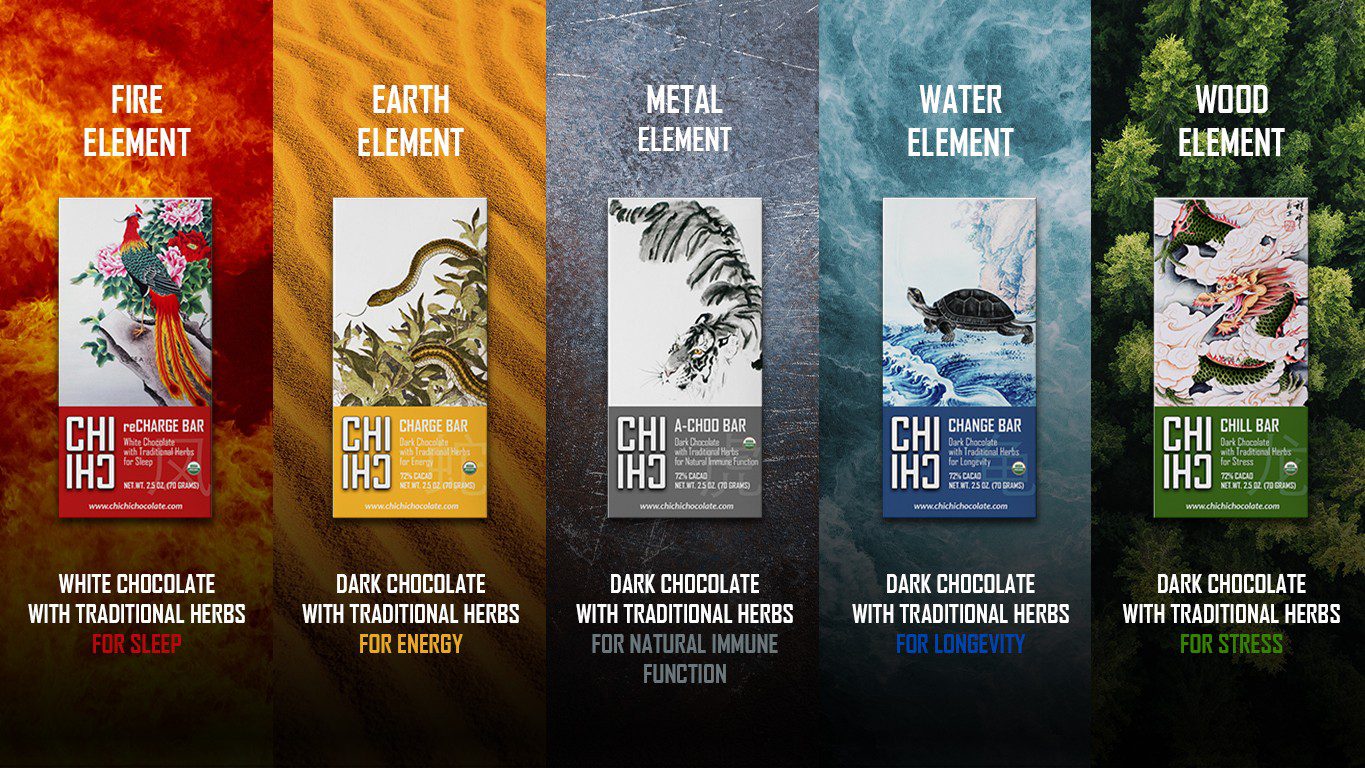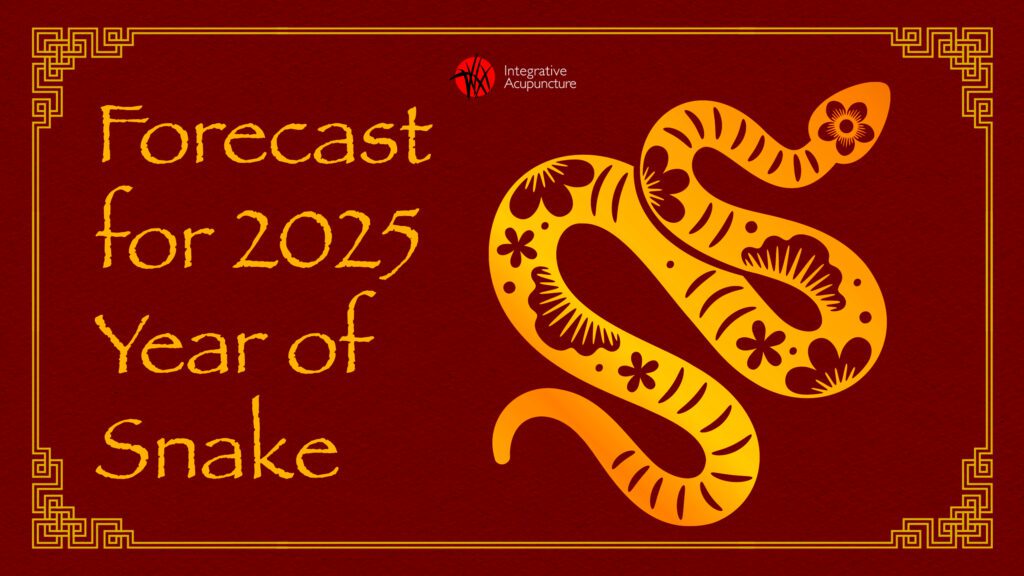What Is Bartonella?
Bartonella is a type of bacteria that can be transmitted by cats (through scratches or bites), fleas, lice, and sometimes ticks. There are many types — Bartonella henselae (cat scratch disease) is the most common. Some people experience mild, short-lived illness, while others develop chronic symptoms if the infection spreads through the blood or affects the nervous system.
Common Symptoms
Symptoms can vary widely. Some of the most common include:
- Fatigue or low energy
- Headaches or migraines
- Muscle or joint pain
- Swollen lymph nodes
- Eye pain or vision changes
- Tingling or numbness in hands or feet
- Night sweats or low-grade fevers
- Mood changes, anxiety, or brain fog
- Red or purple streak-like skin marks (not from weight change)
Because Bartonella can hide inside blood vessel walls, symptoms often relate to inflammation, circulation, and nerve sensitivity.

Western Medicine Approach
Diagnosis can be challenging. Blood tests (antibody or PCR) may not always detect the bacteria. Specialized labs can improve accuracy.
Treatment often includes:
- Antibiotics such as doxycycline, azithromycin, or rifampin.
- Longer treatment duration if the infection is chronic.
- Supportive care for inflammation, pain, or nervous system symptoms.
Traditional Chinese Medicine (TCM) Perspective
In Chinese Medicine, Bartonella-like infections often resemble “damp-heat toxins” and “blood stasis” patterns. These patterns can lead to fatigue, joint pain, and inflammation of the skin or nervous system. Bartonella may also deplete Yin and Blood, contributing to anxiety, irritability, and insomnia.
TCM treatment goals include:
- Clearing heat and toxins
- Promoting blood circulation
- Supporting Liver and Spleen function (to enhance immune strength)
- Calming the Shen (spirit) to ease anxiety and restlessness
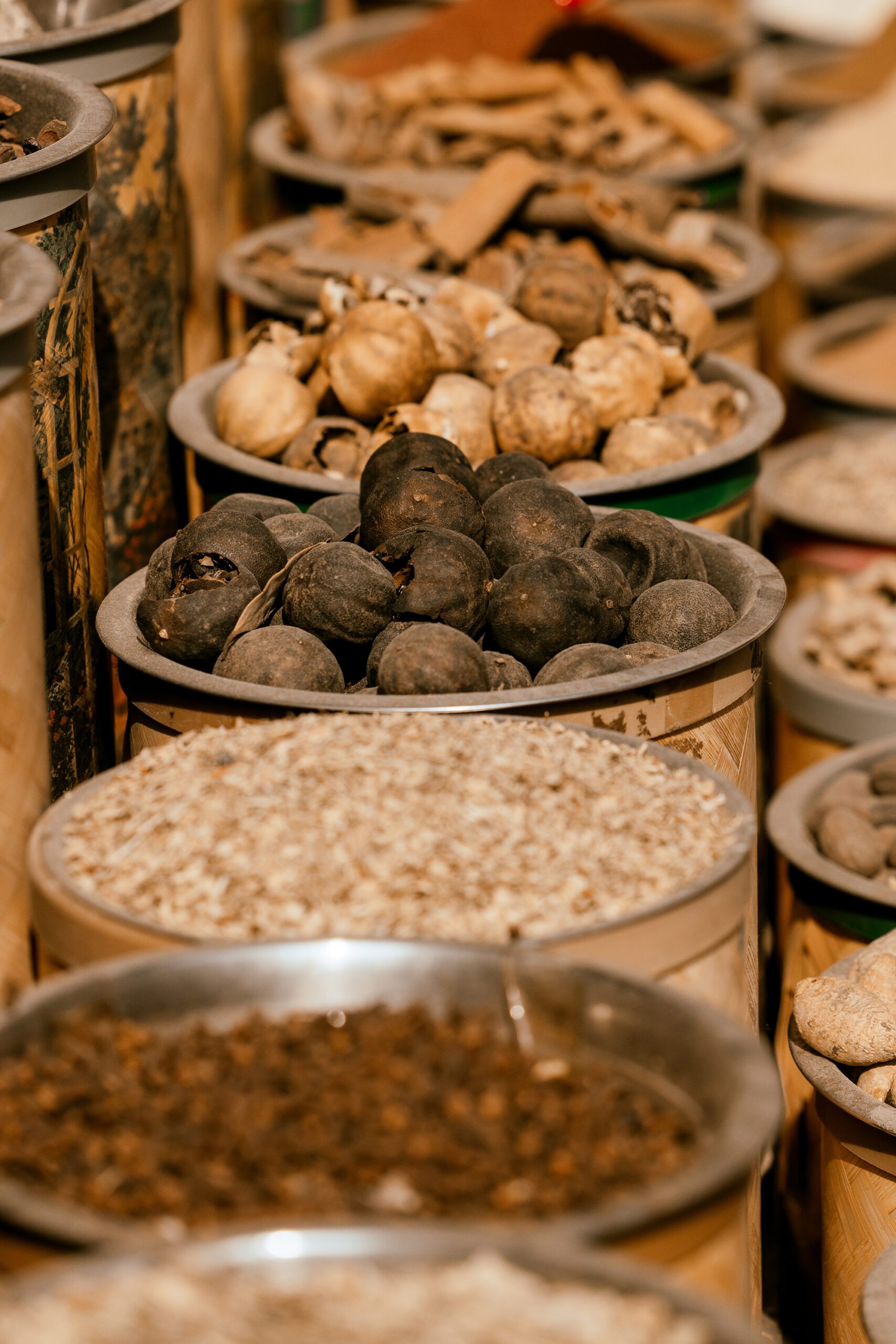
Chinese Herbal Medicine
Herbal formulas are customized to each individual, but commonly used herbs and strategies may include:
- Huang Qin (Scutellaria) and Jin Yin Hua (Honeysuckle) – to clear heat and toxins
- Chai Hu (Bupleurum) – to support the Liver and relieve irritability
- Dan Shen (Salvia) – to invigorate the blood and reduce vascular inflammation
- Sheng Di Huang (Rehmannia) – to nourish Yin and cool internal heat
- Ban Lan Gen (Isatis Root) – antiviral and antimicrobial support
- Formula examples: Yin Qiao San (for acute inflammation) or Huo Xiang Zheng Qi Tang (for damp-heat and digestive involvement)
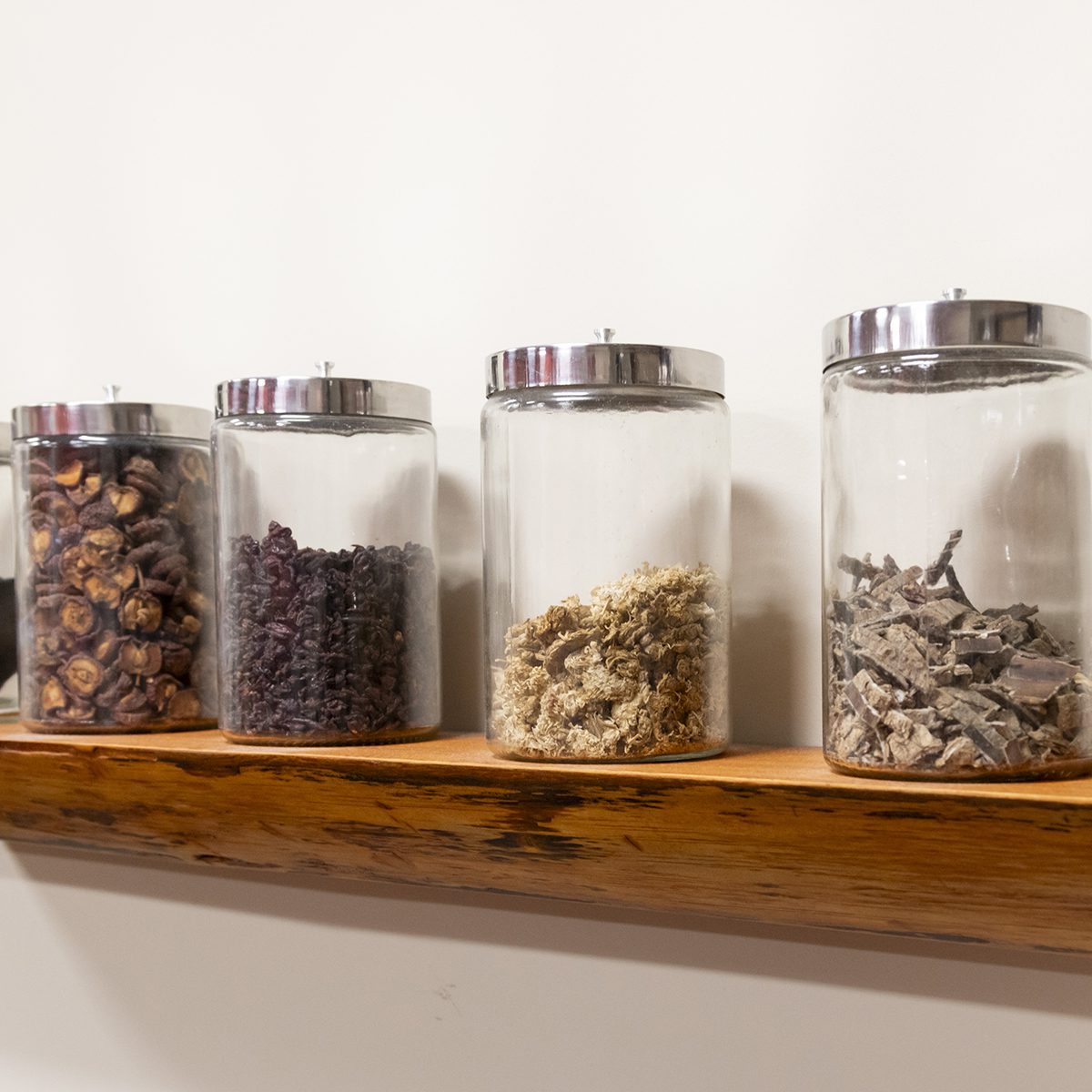
Research note:
Modern studies show several Chinese herbs—such as Scutellaria baicalensis, Salvia miltiorrhiza, and Isatis tinctoria—possess antibacterial, anti-inflammatory, and immune-regulating properties (Phytotherapy Research, 2022; Journal of Ethnopharmacology, 2021). These may support recovery when used under a licensed herbalist’s supervision.
Integrative Care Suggestions
Healing Bartonella involves both addressing the infection and rebuilding resilience.

Acupuncture:
- Reduces pain, neuropathy, and inflammation
- Supports sleep, mood, and immune regulation
- Improves energy and circulation
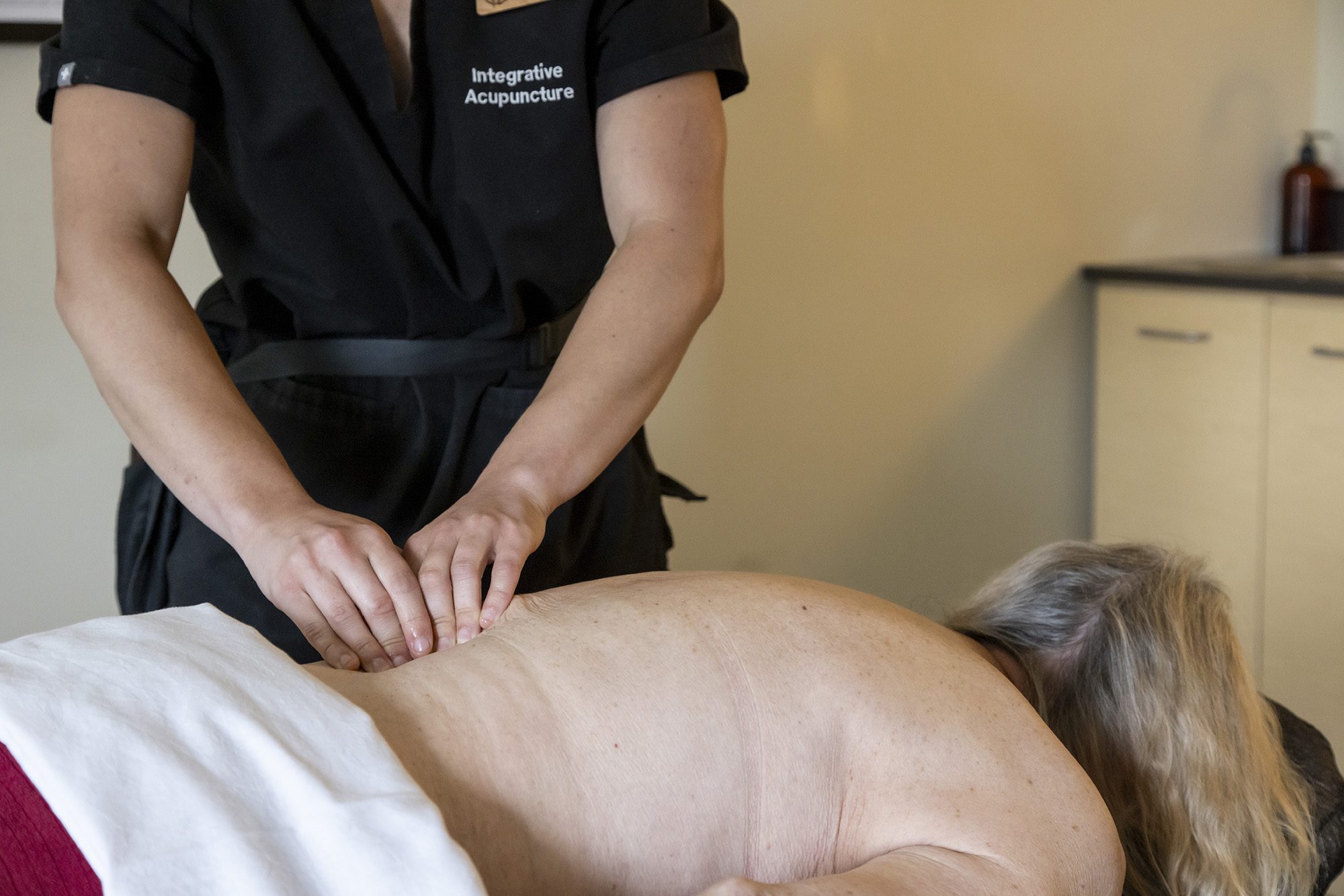
Massage Therapy:
- Helps reduce muscular pain and improve lymphatic flow
- Calms the nervous system and promotes detoxification
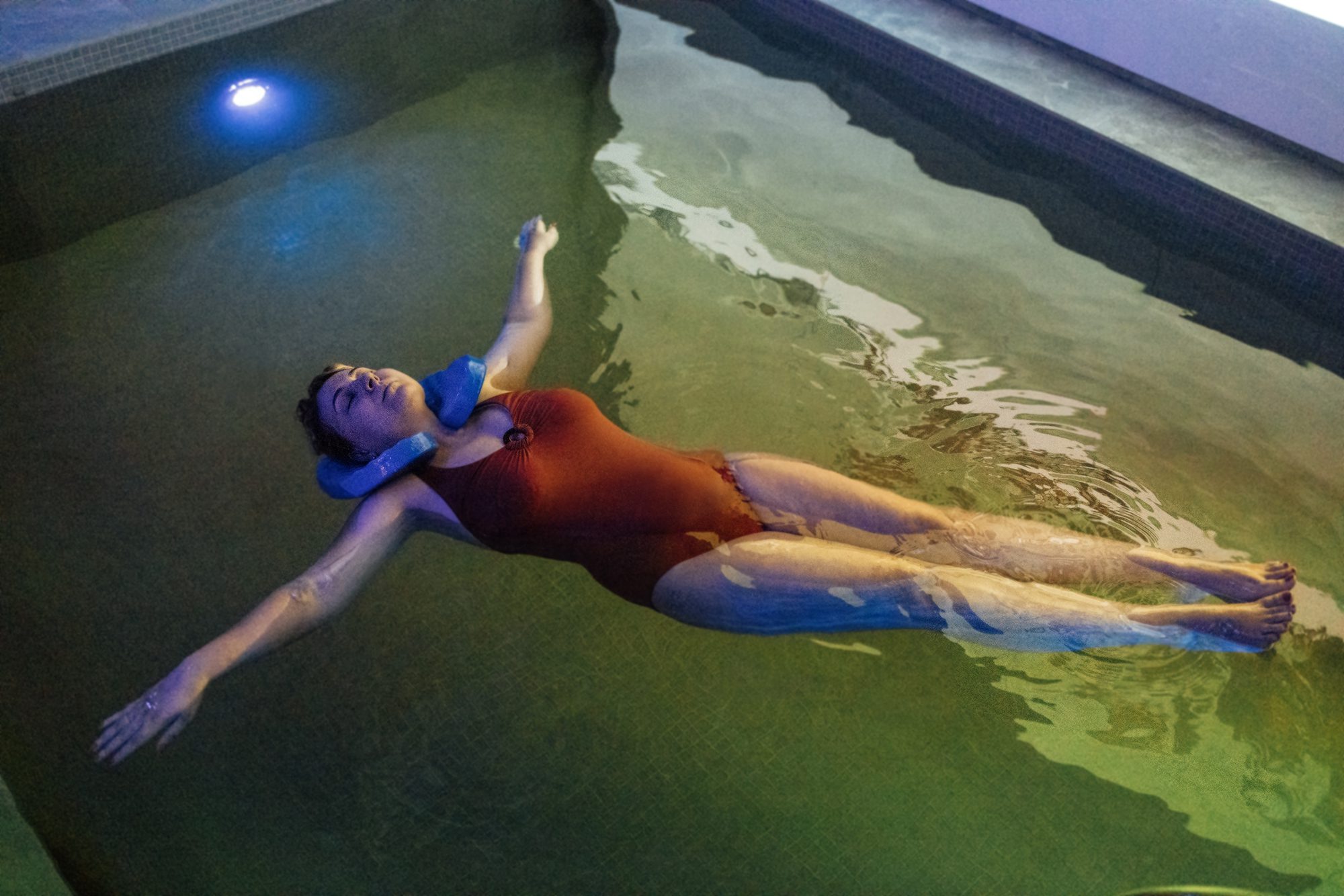
Float Therapy:
- Eases muscle and nerve tension
- Supports deep rest and parasympathetic (healing) activation

Nutritional Support:
- Focus on anti-inflammatory foods (leafy greens, garlic, turmeric, omega-3s)
- Reduce sugar and alcohol, which increase “dampness” and inflammation
- Stay hydrated; magnesium-rich foods (or topical Epsom Salt Cream) can help reduce muscle stiffness
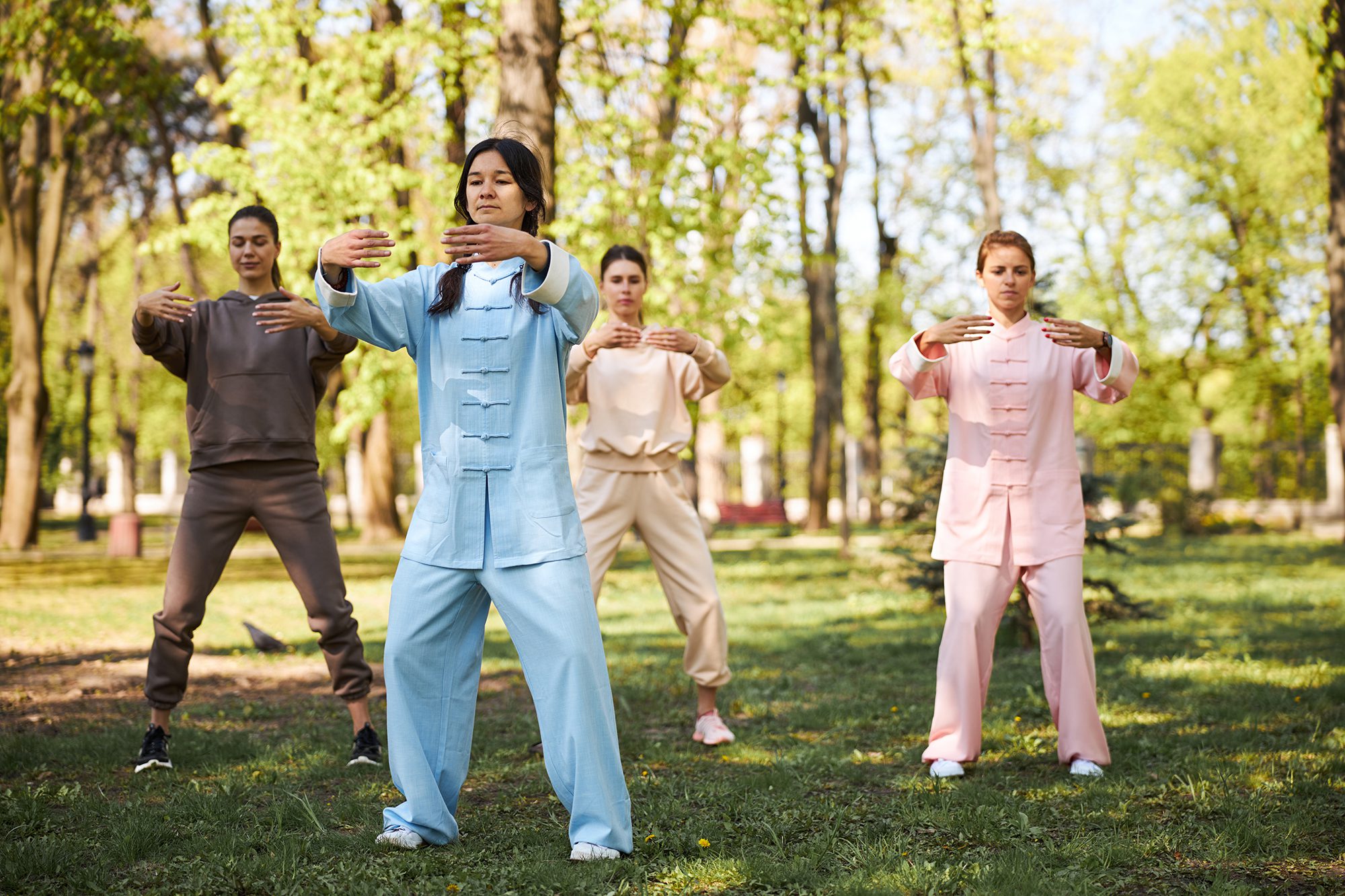
Mind-Body Practices:
- Gentle exercise, yoga, or qigong to improve circulation
- Meditation or breathing exercises for stress regulation

Supplement Support for Bartonella
Chronic Bartonella infections can trigger ongoing inflammation and an immune system imbalance. Certain anti-inflammatory and immune-modulating supplements may help support your body alongside medical and integrative care. Always discuss supplements with your healthcare provider before starting, especially if you are on medications or antibiotics.
Anti-inflammatory & Immune-Modulating Supplements
- Curcumin (Turmeric): A potent antioxidant and anti-inflammatory that may help combat Bartonella-related inflammation and brain fog.
- Ashwagandha (Withania somnifera): An adaptogen that helps regulate stress responses and balance immune function.
- Glutathione: The body’s master antioxidant; supports detoxification, reduces oxidative stress, and may lessen Herxheimer reactions (temporary symptom flare-ups during treatment).
- N-Acetylcysteine (NAC): A precursor to glutathione that helps reduce oxidative stress and support detox pathways.
- Probiotics: Essential for gut health, especially during or after antibiotic therapy, to restore a healthy intestinal microbiome.
- Reishi Mushroom (Ganoderma lucidum): Immune-modulating properties help regulate immune system activity.
Other Potential Supportive Supplements
- Methylene Blue: A compound repurposed for Bartonella and tick-borne co-infections; has antimicrobial effects and may disrupt biofilms.
- Alpha-Lipoic Acid: Supports antioxidant defense and detoxification during treatment.
- Vitamins C & E: Antioxidants that reduce oxidative stress and support immune function.
When to Seek Medical Support
If you’ve tested positive for Bartonella or suspect chronic infection, work with both a medical provider familiar with vector-borne diseases and a licensed acupuncturist/herbalist for comprehensive care. Persistent neurological, cardiac, or visual symptoms should always be evaluated by a physician.
At Integrative Acupuncture, we combine the best of Western diagnostics with the time-tested wisdom of Chinese Medicine. Our providers can help design an individualized plan—including acupuncture, herbal formulas, massage, or float therapy—to support your healing from Bartonella and beyond.
📍 Montpelier & Williston, Vermont
🌐 https://acupunctureinvermont.com
📞 (802) 223-0954
This guide is for educational purposes and does not replace professional medical advice. Always consult a licensed provider before starting or changing any treatment.
Research Snapshot
- Acupuncture and Immunity: A 2023 review in Frontiers in Immunology found acupuncture modulates immune cell activity and reduces inflammatory cytokines, supporting its use in chronic infections.
- Herbal Medicine: A 2022 Phytomedicine review reported multiple TCM herbs inhibit intracellular bacteria like Bartonella by improving immune response and reducing oxidative stress.
- Integrative Approach: Patients using combined antibiotic and herbal/acupuncture support often report improved symptom recovery and tolerance of conventional treatments.

